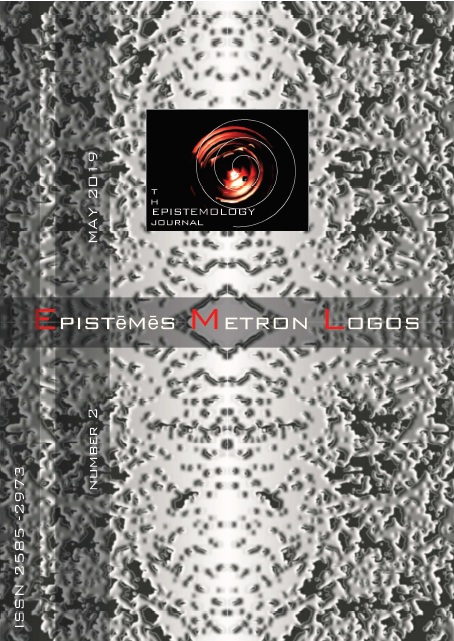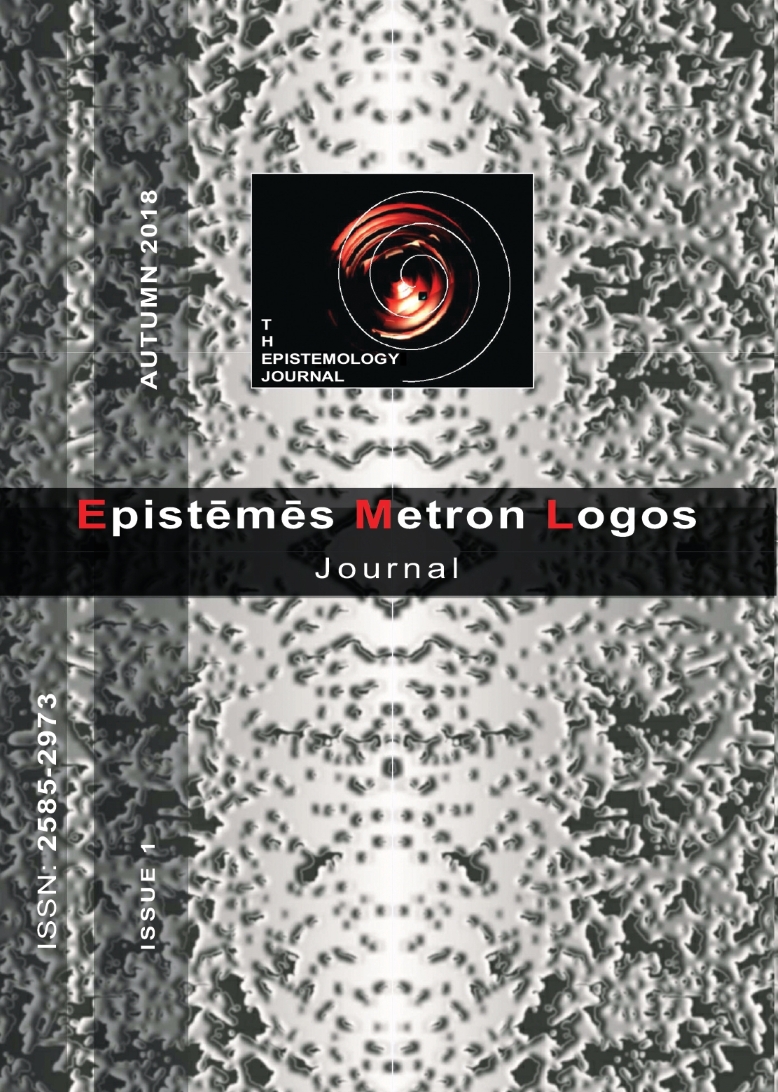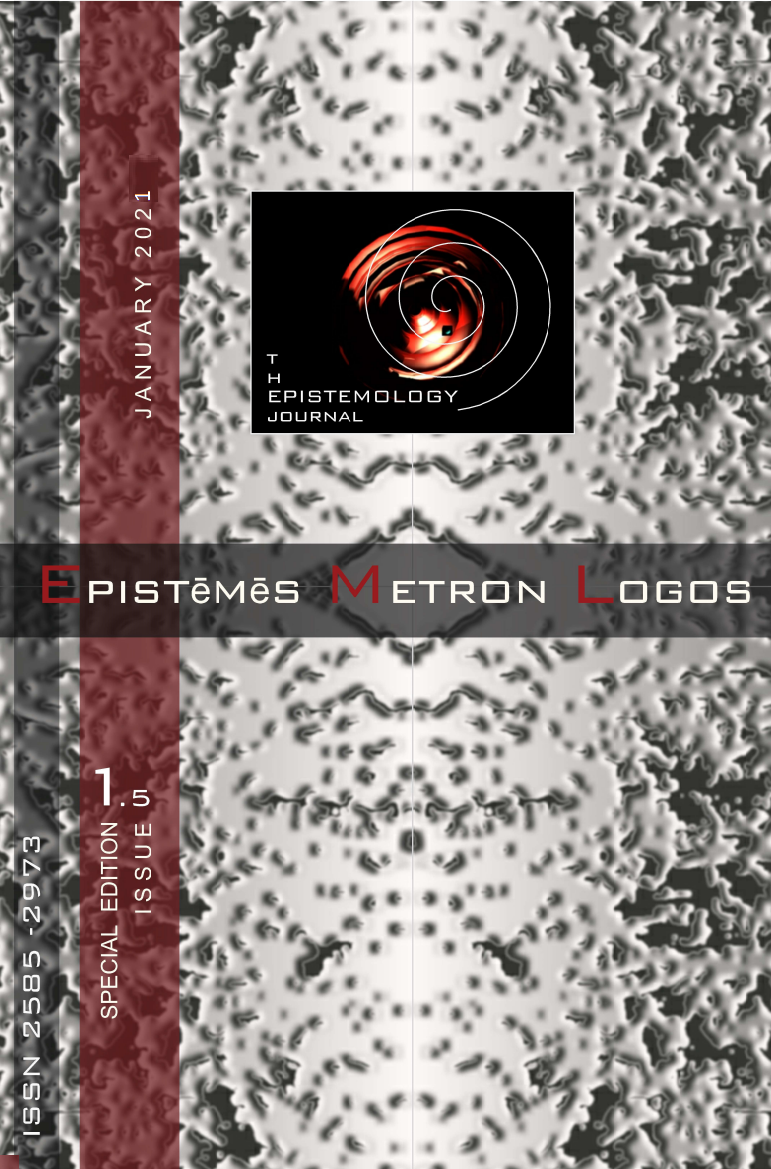The predicate fabric of abstraction: the hard test of logical inversion
Resumen
The paper starts with an ultra-compact deposition on the two ubiquitous
complementary dual pairwise organized methodological procedures
of episteme, i.e. the analytic method (analysis – synthesis)
& the abstract process (abstraction – structure). Next, the authors examine
some ground rules and concepts pervading causality and inference and
their junctions, attempting to discriminate between information flow in
empiricism and theoretical causality of proof; only then is a connection
between them attempted and investigated. In the authors’ effort to establish
a consistent theoretical outlook, if not approach, the technique of logical
inversions is also used as a partial yet powerful guide elucidating how successful
their attempts were. Apart from clarifying some opaque concepts in
logic, in set theory and in the staple empiricism of science, this paper also
sets the stage for questioning whether some grave flaws could be located
in traditional, save ill-founded, notions in hardcore science, on occasion of
the par excellence typical example of fundamental and never challenged approaches in physics. The fact that something has been accepted as holding
does not at all mean that cracks may not be located in its epistemological
makeup at some posterior time. And it is the text’s task here to ask some
painful questions and try to set some realistic boundaries to things by aptly
utilizing available irresistible standard «tricks» from logic and from the
classical scientific method and from reverting to fruitful techniques and to
telling examples, pushing hard for convincing answers.
Article Details
- Cómo citar
-
Papageorgiou, K. G., & Lekkas, D. E. (2019). The predicate fabric of abstraction: the hard test of logical inversion. Epistēmēs Metron Logos, (2), 69–88. https://doi.org/10.12681/eml.20573
- Sección
- Publishing partner

Esta obra está bajo una licencia internacional Creative Commons Atribución-NoComercial 4.0.
Authors who publish with this journal agree to the following terms:
Authors retain copyright and grant the journal right of first publication with the work simultaneously licensed under a Creative Commons Attribution Non-Commercial License that allows others to share the work with an acknowledgement of the work's authorship and initial publication in this journal.
Authors are able to enter into separate, additional contractual arrangements for the non-exclusive distribution of the journal's published version of the work (e.g. post it to an institutional repository or publish it in a book), with an acknowledgement of its initial publication in this journal.
Authors are permitted and encouraged to post their work online (preferably in institutional repositories or on their website) prior to and during the submission process, as it can lead to productive exchanges, as well as earlier and greater citation of published work.





